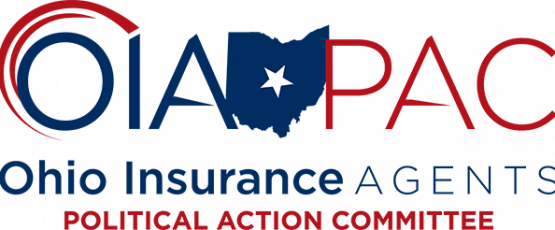With a deal not reached on the two-year state operating budget by the June 30th deadline, the Ohio General Assembly sent an interim state operating budget to Gov. DeWine for approval last night. While state operations will remain funded for the next 17 days, OIA remains concerned about significant changes that have been proposed to the Business Income Deduction (BID) via the state budget that would result in significant tax increases for many OIA members. The BID allows pass-through entities to deduct up to $250,000 of their business income from Ohio income tax liability. Additionally, a flat, three percent tax on all business income above the $250,000 exists.
Background on the BID
The business income deduction (BID) that was created a few years ago to level the playing field for pass-through entities (sole proprietors, LLPs, LLCs, S-corps) that pay both the commercial activity tax (CAT) and income tax. The BID was first established in 2013 and finalized in 2015. It has been in place in its current form just since Tax Year 2016. In 2016, the Ohio General Assembly instituted the final version of the BID allowing pass-through entities to deduct up to $250,000 of their business income from Ohio income tax liability. Additionally, a flat, three percent tax on all business income above the $250,000 was implemented.
The majority of OIA member independent insurance agencies are set up as pass-through entities. It is also important to note that more than 80% of our members employ less than 10 people, and these independent insurance agencies survive on small margins.
Ohio House Proposed Changes to BID
The Ohio House’s version of the state budget reduced from $250,000 to $100,000 the maximum deduction and eliminated the three percent flat rate to pay for a 6.6 percent across the board income tax reduction. The House has proposed making these changes retroactive to January 1, 2019, potentially subjecting taxpayers to fines and penalties on estimated payments they have already made.
Ohio Senate Proposed Changes to BID
The Ohio Senate’s proposed state budget restored the BID to $250,000, but proposes the elimination of the three percent flat tax rate beginning in 2020. OIA is grateful to the Senate for their support in keeping the threshold at $250,000 and not making the elimination of the three percent flat tax rate retroactive.
OIA has been engaged in a number of meetings on this issue with a coalition of other associations that also oppose these tax changes. Last week, OIA signed onto this letter that was sent to Ohio’s leaders urging them to keep Ohio business taxes stable and to continue to support small business owners in their efforts to reinvest in their business by preserving the BID.
With a looming state budget deadline of June 30th and no agreement reached between the Ohio House and Ohio Senate on a final two-year operating budget, the Ohio Senate passed a 17-day interim state budget late Saturday night and last night the Ohio House also agreed to support this extension.
At this time, the tax changes are a major sticking point between the House and the Senate along with education funding and health care changes. With an interim operating budget now in place, more time can now be afforded to continue negotiations on a final two-year state operating budget. Notably, both the House and Senate voted to eliminate the three percent flat rate on income more than $250,000, so it is unlikely to return in the final bill.
OIA will provide an update on the state budget and the fate of the BID as more information becomes available.
Also see: Ohio House Passes State Budget With Significant Tax Increase For Small Businesses





